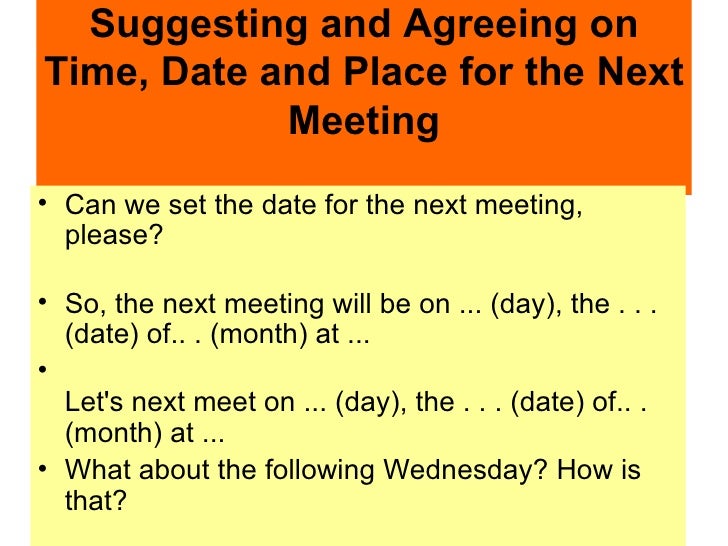“Life is short, but there is always time enough for courtesy.” ― Ralph Waldo Emerson
Generally speaking, people value being polite and respect good manners. A golden tip is that it is essential to utilize the three magical words of politeness in English : “Please”, “Thank you,” and “Excuse me”.
Often, it is easy to simply say : ''What?'' as opposed to ''Excuse me?'' - my advice is that one should try to cultivate good habits through grading your communication style.
- What kind of language do you use when something is unclear / when you do not understand the question or statement ?
When something is unclear or you misheard - ''What!'', is inappropriate - instead, simply say :
- ''Pardon me, I did not get that...''
- ''Excuse me, I do not think I understood.'',
- ''Sorry, but could you repeat that ?''
It is common practice to say, ''Thank you.'' after your request has been fulfilled.

Moving on, it is best practice when making an appointment, a reservation, scheduling a meeting and even requesting something from your teacher - to say/ use one of the following:
- ''Please..........Thank you.''
- '' Would it be possible to___________.''
- ''May I please_________.''
- ''Could I arrange________. Thank you.''.
- I would like to _________ Thank you so much !''
Polite language goes a long way and will help you avoid any misunderstandings ! Notice how in English we use modal verbs such as ''could, would, May'' when making a polite request. Being polite will make certain that service providers and co - workers want to help you with what you need !
Speaking tip: could and can are followed by the verb without to.

When you would like to schedule a meeting, it is essential to provide a few days and times, so that everyone is able to fit into your time slot/ agenda. Some useful language:
- '' Would it be possible to meet on one of the following days:________''.
- ''I would like to schedule a meeting/ book an appointment - would one of the following days be suitable at ________ time?'' ( Provide days.)
- '' How are you? / I trust all is well? I was wondering if we could move our appointment to another day - how about one of the following days:_________.'' ( In some cases, especially with regards to English lessons - regular classes are a prerequisite to improvement, so - rescheduling after a missed class is wise and fair for both the teacher and yourself ! )
- ''I can not make it today because _______, could we meet later this week - maybe on ______ ( provide day.) or _________( provide day.) at __________( provide a few times.)
More polite language tips/ expressions:
To maintain good relationships, it’s best not to use imperatives (starting a sentence directly with a verb like “Reply to my e-mail,” “Go to the bank,” “Finish this project.”)
Instead, make requests with the phrases, Could you…? and Could you please…?
Register in writing : It is rude to write/ type several question marks after a request : Example: What is the time???? / and rude to message just question marks sans wording : Example: ?? ( NEVER follow up a formal request via message or e - mail with just question marks - rather : ''I am just checking in to see if my message was received.''/ ''Are the days and times provided, suitable? Thank you for your response.''
“Let me know” is a nicer and more indirect way to say “tell me.” It’s a casual way to ask for some information. Alternatively, you could simply ask the question, “When are you available?
If you happen to be early for an appointment, be patient and wait - you will be seen to in good time. Use the 5 minute rule when waiting for a doctor's appointment, an interview or any other such event where the person you are meeting may have back to back clients and a slight delay.
''Patience is a virtue.''.
Thank you so much for reading my post ! Do share : What is polite in your language / culture ?



